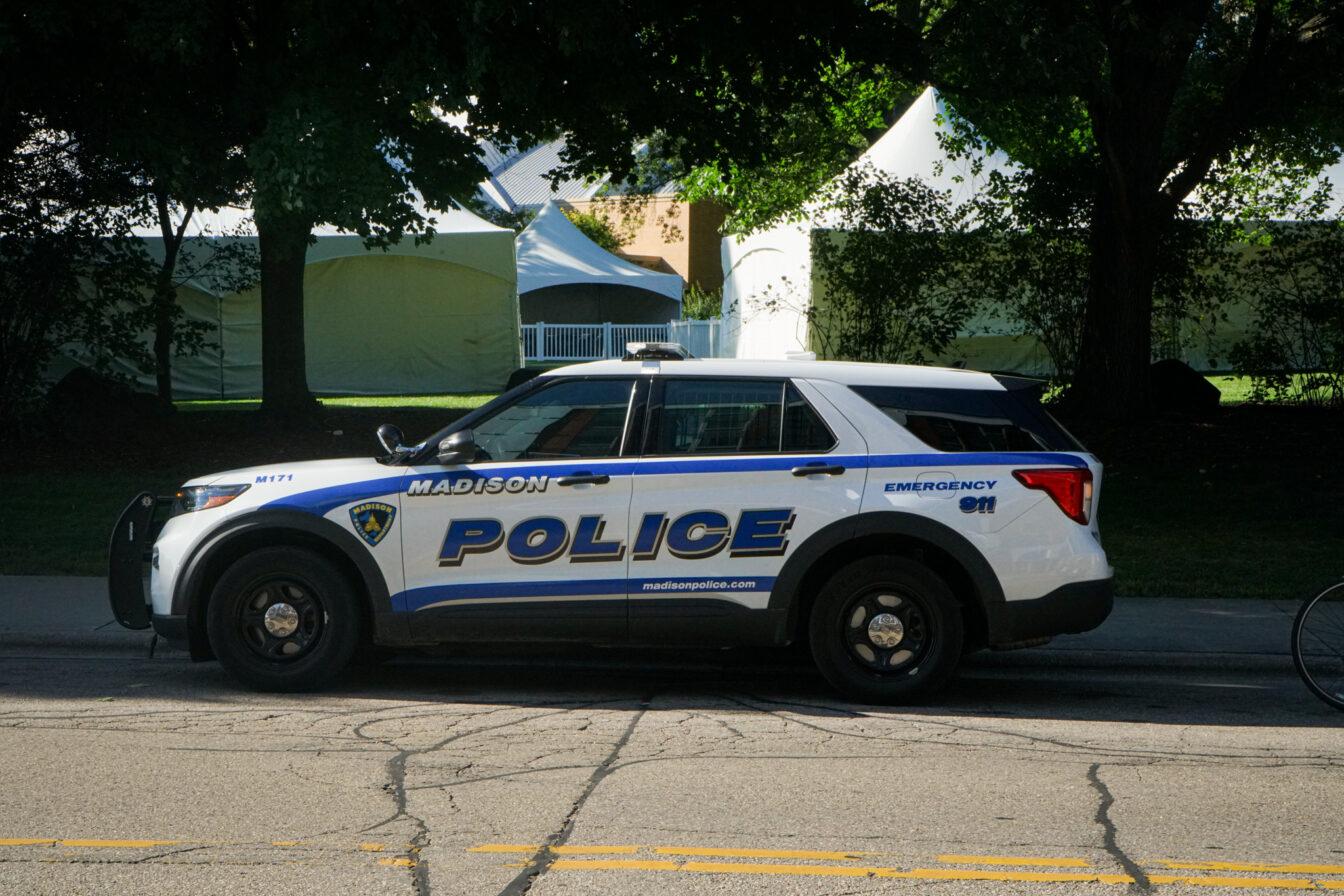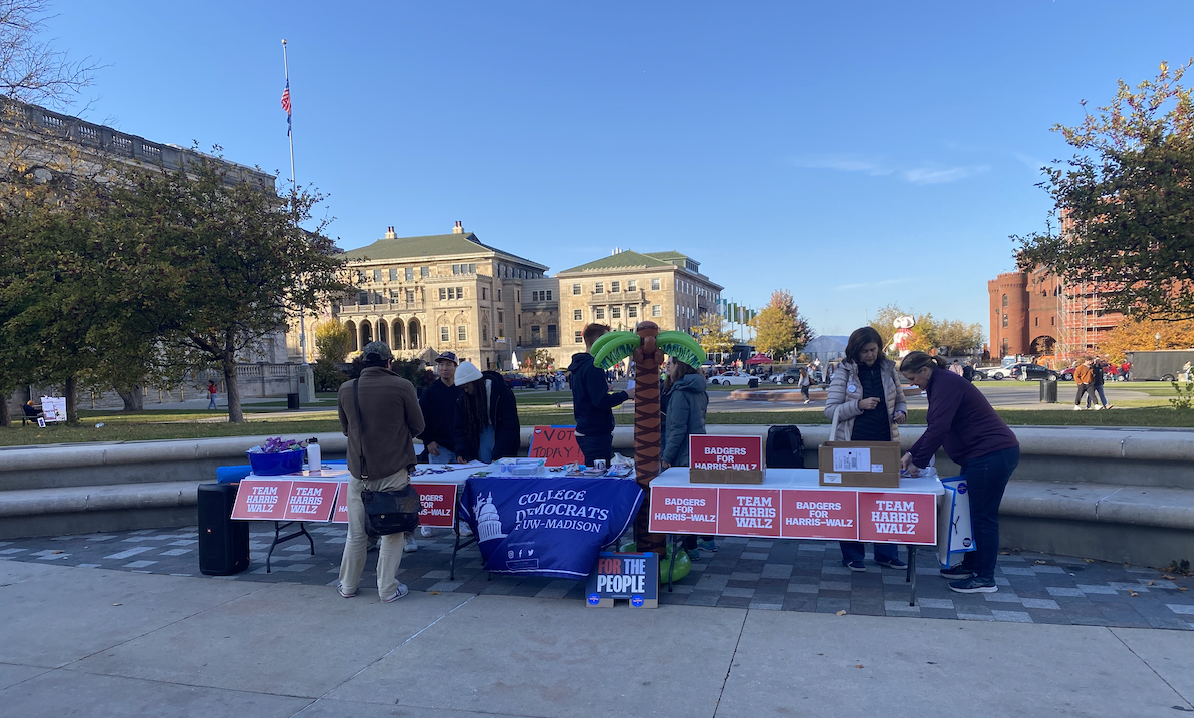WASHINGTON (REUTERS) — The FBI asked law enforcement agencies across the United States Sunday to operate at the highest possible state of alert for “any act of terrorism or violence” domestically following the beginning of military strikes inside Afghanistan.
The FBI request came amid heightened security at airports and ports, in the U.S. capital, and at other locations in the wake of Sunday’s start of American and British military strikes on targets in Afghanistan. That nation’s Taliban rulers are accused of harboring Osama bin Laden, accused of directing the Sept. 11 attacks on the World Trade Center in New York and the Pentagon outside Washington.
“Coinciding with today’s military action, the FBI through the National Threat Warning System has again requested all law enforcement to be at the highest level of vigilance and be prepared to respond to any act of terrorism or violence should it become necessary,” the FBI said in a statement.
“Further, all law enforcement agencies have been asked to evaluate whether additional local security measures are warranted in light of the military operations and the current threat level,” the agency added.
NO SPECIFIC THREAT MENTIONED
The FBI statement did not mention any specific threat but said it was assuming “the possibility of additional terrorist activity occurring somewhere in the world.” The FBI said it would remain on the highest alert indefinitely.
The National Threat Warning System is used for the quick dissemination of terrorism threat and warning information throughout the federal government, law enforcement agencies and the private sector.
U.S. officials expressed concern Sunday that the strikes on Afghanistan could prompt bin Laden’s network to activate attack plans against U.S. targets, either at home or abroad.
White House spokesman Ari Fleischer said Vice President Dick Cheney was moved to an undisclosed location Sunday as a security precaution. The move is aimed at keeping the top two officials in the U.S. government separated in the event of some kind of attack. A similar move was taken after the Sept. 11 attacks.
President Bush was at the White House.
“Threats do remain, and government and law enforcement agencies are taking all necessary precautions, but threats do remain. This is a war,” Fleischer said.
The Secret Service, charged with protecting Bush, said it had maintained upgraded security since Sept. 11, but it made no specific changes Sunday.
Secret Service Special Agent Brian Marr said it was possible that streets around the White House could be closed to traffic “as we deem necessary.” Authorities created a large security cordon around the White House in the hours after the Sept. 11 attacks, but the security zone was subsequently scaled back.
AVIATION SECURITY TIGHTENED
Security was stepped up Sunday at airport control towers and federal aviation facilities around America, but the Federal Aviation Administration said air traffic operated normally. Military air patrols that were stepped up after Sept. 11 continued nationwide, and all major U.S. airports were open, authorities said.
FAA spokeswoman Laura Brown said the agency was coordinating its operations with air carriers and other government agencies. New security steps were not disclosed, including whether more armed air marshals had been assigned to guard domestic flights.
The U.S. Coast Guard said it was at a heightened state of alert, protecting more than 300 ports and 88,000 miles of coastline. In a statement, the Coast Guard said Vice Adm. Thad Allen, commander of its Atlantic region, had directed operational commanders to take “all necessary steps” to ensure the continued safety and security of ports, waterways and coastline from Maine to Texas and throughout the Caribbean.
Local police in Washington and surrounding jurisdictions in Maryland and Virginia have manned a joint-operations command center aimed at fostering an effective, coordinated response to any attack.
Metropolitan Police Department Officer Todd Mattingly said police in the U.S. capital had remained on “a heightened security alert since Sept. 11.”
“All of our units in the field are aware of what’s happening and what’s going on,” Mattingly said.
He said it was “premature” to consider declaring a state of emergency to mobilize National Guard troops.







